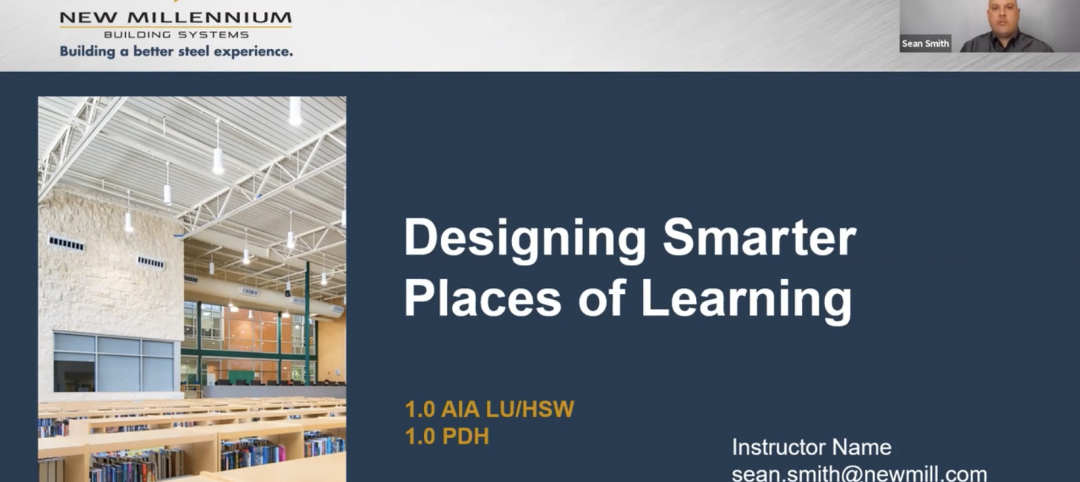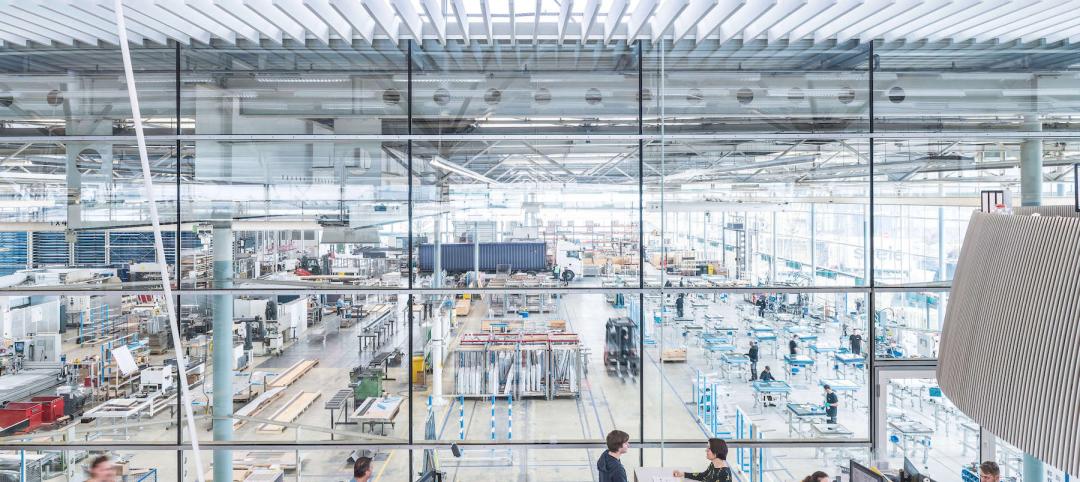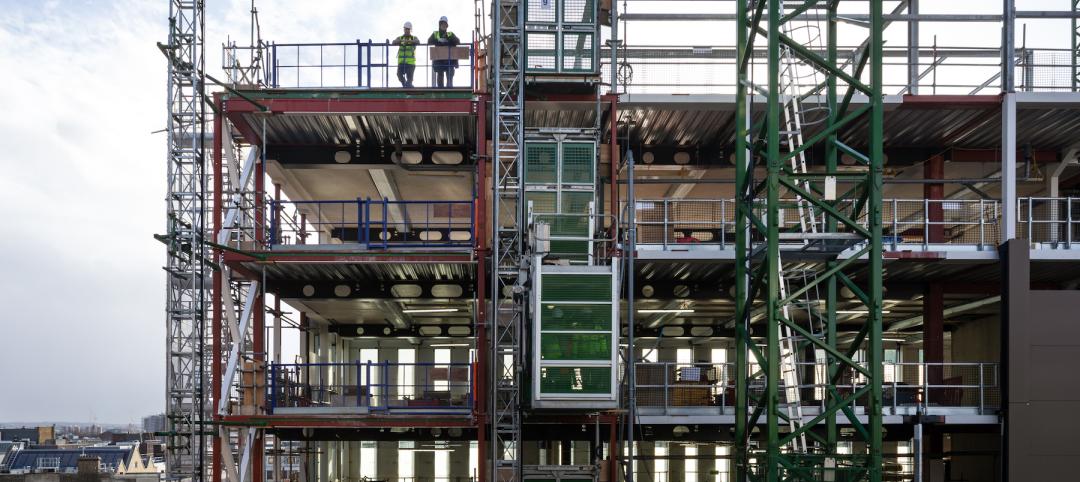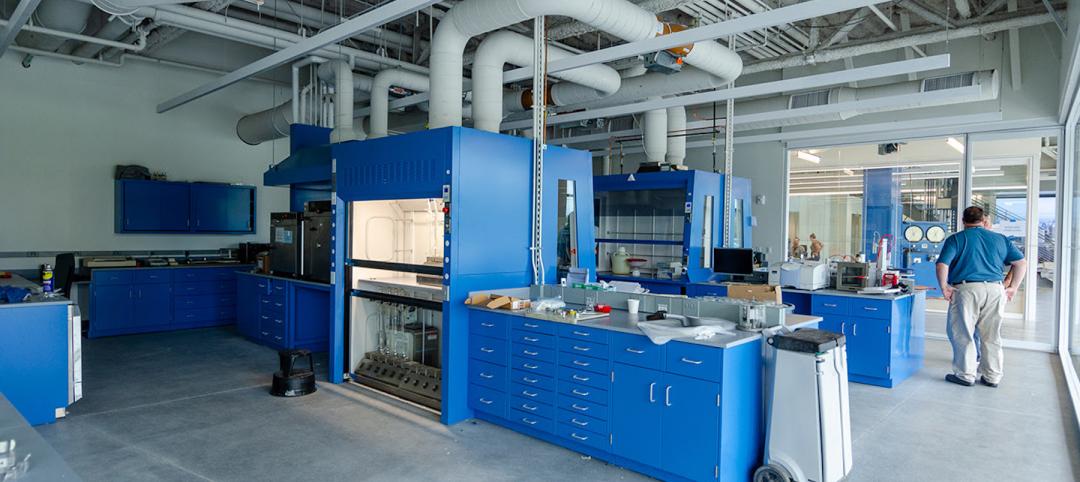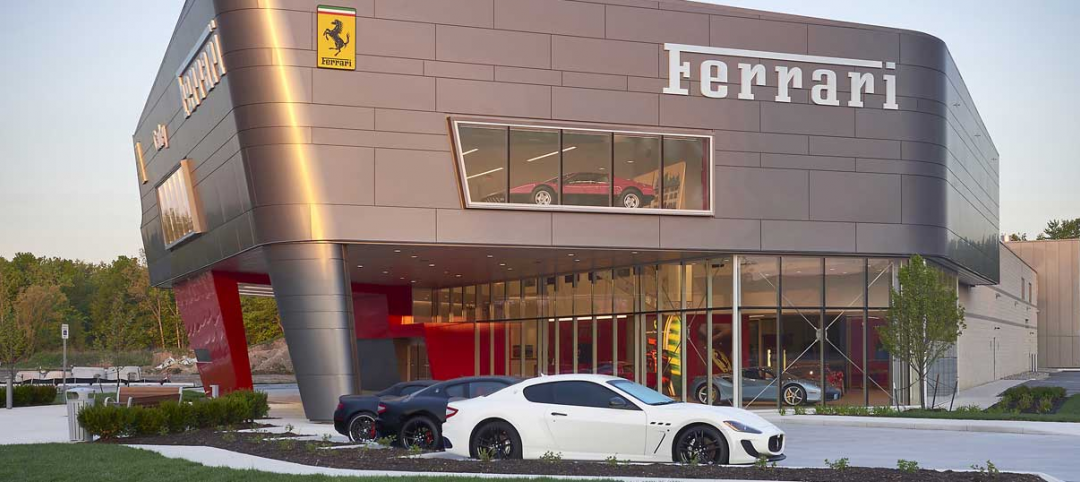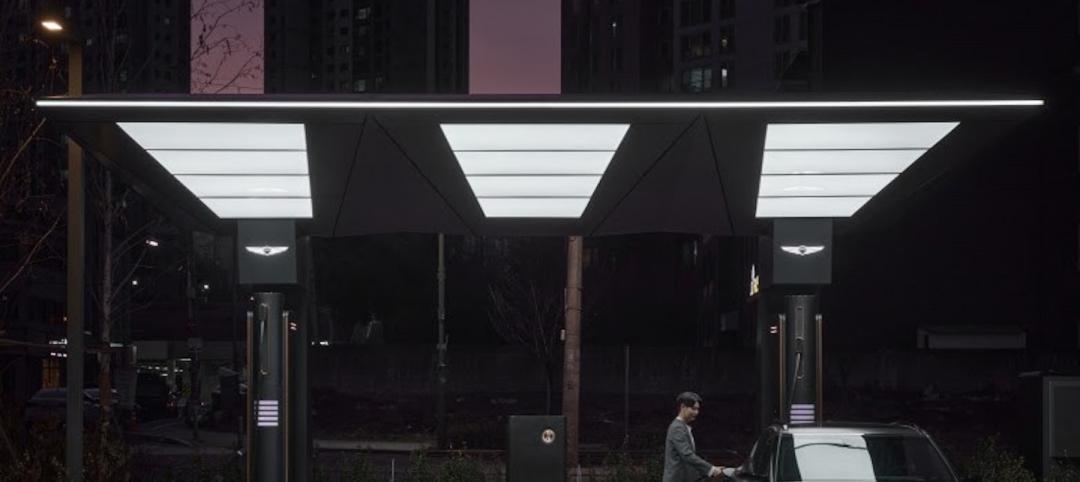As cities across the world ease Coronavirus lockdown restrictions, it is important to ensure that the elevators used by millions of people every day remain a comfortable, efficient and secure way of transportation. thyssenkrupp Elevator offers several options to create a clean and healthy car environment, aiming to reduce the risk of virus transmissions.
To ensure peace of mind for passengers, the company is focusing on three pillars: hygiene, social distancing and touchless technologies that prevent the spread of infection in elevators and escalators in public places. Many of those innovations will remain relevant even after the pandemic.
“The pandemic is definitely accelerating some interesting trends in the elevator industry. thyssenkrupp Elevator is well equipped for the current challenges. We have been exploring several technologies in recent years, such as smart spaces monitoring, remote operation, robots for sanitizing spaces and many more. Today, we have appropriate solutions to protect passengers during the pandemic. Moreover, we also provide innovative technologies for tomorrow that go beyond today’s urban mobility,” says Peter Walker, CEO of thyssenkrupp Elevator.
Hygienic or clean technologies range from handrail sanitization to thermal cameras that detect infected passengers. To clean the air in the cabins efficiently, thyssenkrupp Elevator uses air purification with special filters as well as UV-based solutions.
Touchless technologies include using a special kick-button where the passenger can call a cabin with a simple toe tap instead of touching a pad or button by hand. Experts foresee that touchless technologies will achieve a high adaption in many areas. Forward-thinking technologies like the kick button are solutions that are expected to remain viable in both the short- and long-term.
Social distancing is the third pillar of thyssenkrupp Elevator’s strategy to fight the pandemic. As such, thyssenkrupp Elevator has developed a special Social Distancing Service, which includes traffic monitoring for elevator systems. This service helps tenants stay safe by limiting elevator passengers per cabin so physical distance can be maintained. With the Social Distancing Service, thyssenkrupp Elevator assesses the elevator traffic to help balance building congestion risks with social distancing needs. Based on the needs, the company changes the dispatching software to limit the number of passengers assigned to each elevator car. Using data captured by the predictive maintenance IoT solution MAX, thyssenkrupp Elevator also provides data and information about traffic changes, so passenger wait times and social distancing needs can be balanced.
Related Stories
Green | Jul 26, 2022
Climate tech startup BlocPower looks to electrify, decarbonize the nation's buildings
The New York-based climate technology company electrifies and decarbonizes buildings—more than 1,200 of them so far.
Smart Buildings | Jun 1, 2022
Taking full advantage of smart building technology
Drew Deatherage of Crux Solutions discusses where owners and AEC firms could do better at optimizing smart technology in building design and operations.
Sponsored | BD+C University Course | May 10, 2022
Designing smarter places of learning
This course explains the how structural steel building systems are suited to construction of education facilities.
Sponsored | BD+C University Course | May 3, 2022
For glass openings, how big is too big?
Advances in glazing materials and glass building systems offer a seemingly unlimited horizon for not only glass performance, but also for the size and extent of these light, transparent forms. Both for enclosures and for indoor environments, novel products and assemblies allow for more glass and less opaque structure—often in places that previously limited their use.
Architects | May 3, 2022
A U.K.-based design firm flaunts industrialized construction as it expands into U.S.
Bryden Wood wants to set up a network for manufactured components for repeatable building types.
Concrete Technology | Apr 19, 2022
SGH’s Applied Science & Research Center achieves ISO 17025 accreditation for concrete testing procedures
Simpson Gumpertz & Heger’s (SGH) Applied Science & Research Center recently received ISO/IEC17025 accreditation from the American Association for Laboratory Accreditation (A2LA) for several concrete testing methods.
Sponsored | BD+C University Course | Apr 19, 2022
Multi-story building systems and selection criteria
This course outlines the attributes, functions, benefits, limits, and acoustic qualities of composite deck slabs. It reviews the three primary types of composite systems that represent the full range of long-span composite floor systems and examines the criteria for their selection, design, and engineering.
Wood | Apr 13, 2022
Mass timber: Multifamily’s next big building system
Mass timber construction experts offer advice on how to use prefabricated wood systems to help you reach for the heights with your next apartment or condominium project.
AEC Tech | Apr 13, 2022
Morphosis designs EV charging station for automaker Genesis
LA-based design and architecture firm Morphosis has partnered with automotive luxury brand Genesis to bring their signature brand and styling, attention-to-detail, and seamless customer experience to the design of Electric Vehicle Charging (EVC) Stations.
AEC Tech | Apr 13, 2022
A robot automates elevator installation
Schindler—which manufactures and installs elevators, escalators, and moving walkways—has created a robot called R.I.S.E. (robotic installation system for elevators) to help install lifts in high-rise buildings.





